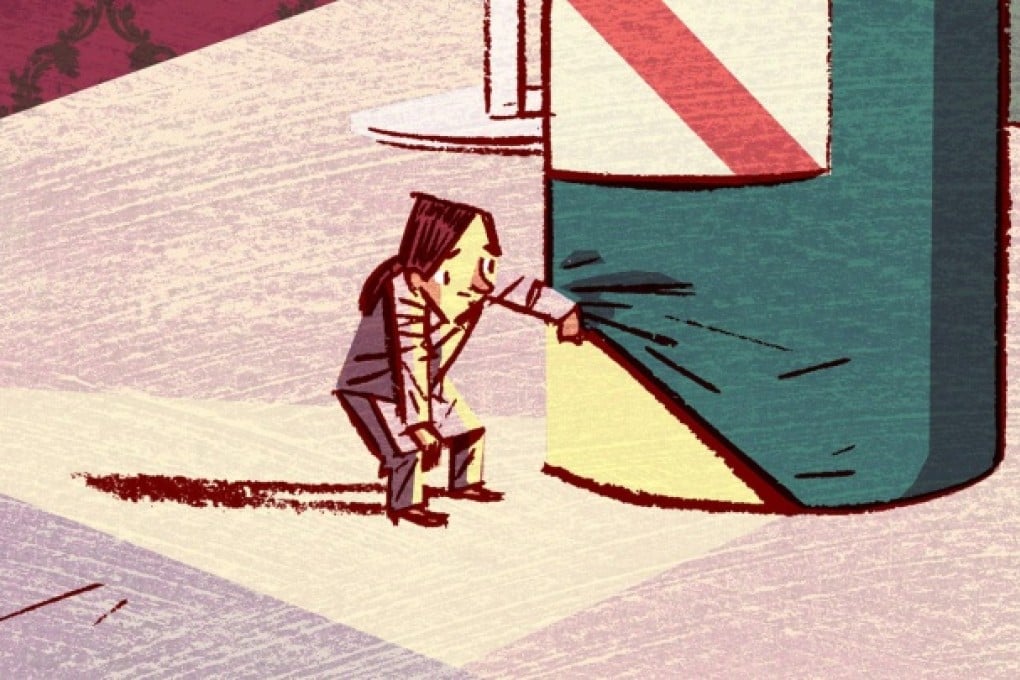
One of the perks of being a sommelier is the opportunity to taste wines that you wouldn't otherwise have the means to. You also have the chance to network with fellow sommeliers and meet the people behind the wines, whether chateau/winery owners or winemakers.
Having a wine salesperson say, "This has amazing Parker points and it's a really good price" just isn't the same as having the winemaker wax poetic about where the grapes are from, or the chateau owner tell you about the history of the house. To a sommelier, what makes a bottle memorable is the story behind it and, of course, who it is shared with.
Since Hong Kong is a "gateway" to China, many wine people make a point of visiting the city for marketing purposes. Many of the events organised on their behalf are also open to wine aficionados. The small fees that are sometimes charged are a pittance considering the number and quality of wines poured during tastings.
Many wine sellers in Hong Kong also hold regular in-store tasting events. When I recently dropped in to champagne etc, on Lyndhurst Terrace, there was Michel Drappier of Champagne Drappier, happily pouring and talking about his wines. Tasting his Millesime Exception 2004 and hearing him talk about the history of the grapes and the land on which they're grown was a real treat. It brought home to me the care and attention to detail that goes into creating each bottle.
For one-on-one attention, though, nothing beats attending a wine dinner with the winemaker. Restaurants and hotels go all out to tailor special menus that complement the wines being served, which are usually subsidised by the winemaker, making these evenings very good value. Every time I drink wine from Leeuwin Estate I'm now reminded of an evening spent in the company of Denis Horgan, the founder and owner of the Margaret River-based Australian winery. As well as sharing some back vintages of his renowned Art Series cabernet sauvignon, he entertained everyone with stories about how he started out.
A visit to a wine-growing area always leaves me in awe, especially when you see all the elements that make up the magical process of winemaking. On a recent trip to Bordeaux, France, I was invited to dinner at Chateau Beychevelle. The drive there, as the sun was setting, afforded magnificent views of vineyards waiting for spring to arrive. After parking the car we walked along an old track that led onto the banks of the Gironde river, its waters lapping at the edge of the estate, set back from which stood its grand 17th-century house. We started with a tour of the (where the wines are made and kept) with Philippe Blanc, Beychevelle's winemaker, following him through rooms of wine tanks and barrels that seemed to go on forever. Eventually we came across a room hung with rich tapestries and paintings of the aristocratic and mercantile families who have owned Chateau Beychevelle over the centuries.
